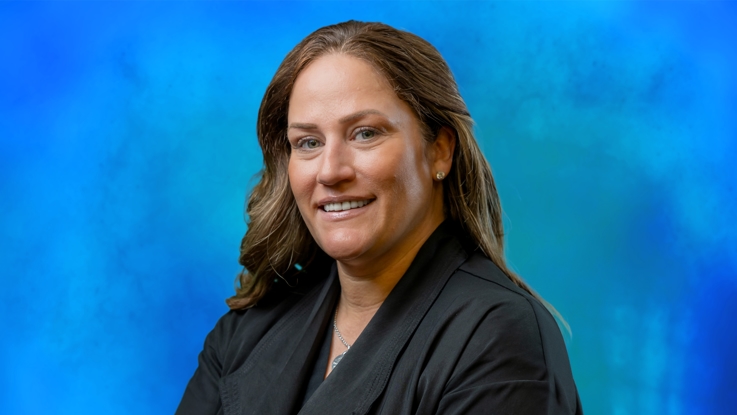Immunizations Protect People of All Ages
- Category: In The News
- Posted On:

Proper immunizations are important to children while growing up to ensure that they are protected at every stage of life, and getting immunized is a life-long job that should not be ignored. Adults should also remember to get vaccinated as needed to maintain protection against disease.
Words to Know
- Vaccine: A product that produces immunity from a disease and can be administered through needle injections, by mouth or by aerosol.
- Vaccination: The injection of a killed or weakened organism that produces immunity in the body against that organism.
- Immunization: The process a person undergoes to become protected from a disease.
All childhood vaccinations are given as a series of two or more doses. Once the initial vaccines are received, booster shots are sometimes recommended. A booster shot is an additional dose of a vaccine needed periodically to “boost” your immune system. For example, a tetanus booster and a Td (diphtheria) booster are recommended for adults every 10 years. Adult individual immunization needs vary, so be sure to discuss with your health care provider what is best for you.
Why are immunizations so important?
Immunizations work with your immune system to prevent disease outbreaks and protect our community. Thanks to vaccines, some diseases are almost gone from the U.S., and we must keep providing this protection through vaccinations to make sure they don’t come back. It’s very important to make sure children are up-to-date with age-appropriate immunizations because Louisiana law requires certain proofs of immunization throughout the school years – from daycare to college. Adults should also talk with their health care providers about what vaccinations may be needed to continue protection against disease throughout life.
According to the Centers for Disease Control and Prevention (CDC), some adults incorrectly assume that the vaccines received as children will protect them for the rest of their lives. This may be true, except that:
- Some adults were never vaccinated as children.
- Newer vaccines were not available when some adults were children.
- As people age, they become more susceptible to serious disease caused by common infections, such as flu or pneumonia.
During pregnancy, it is important that moms are properly protected from flu and whooping cough (pertussis), so the flu vaccine and Tdap vaccines are routinely recommended for pregnant women. The CDC advises that these vaccines help to protect newborn babies who are at the greatest risk for developing whooping cough, and provide babies with protection from flu for several months after birth. This is especially important since babies younger than 6 months are too young to receive a flu vaccine.
In addition, it’s important to consider additional vaccinations for both adults and children when preparing to travel outside of the United States. The CDC provides information to assist travelers and their health care providers in deciding which vaccines, medications and other measures may be necessary to prevent illness and injury during international travel.
What about the COVID-19 Vaccine?
COVID-19 vaccines teach our immune systems how to recognize and fight the virus that causes COVID-19. It typically takes 2 weeks after vaccination for the body to build protection (immunity) against the virus that causes COVID-19.
Getting vaccinated prevents severe illness, hospitalizations, and death. Unvaccinated people should get vaccinated and continue masking until they are fully vaccinated. With the Delta variant, this is more urgent than ever.
Everyone 12 years of age and older is eligible to get a free COVID-19 vaccination.
Are Vaccines Safe?
One question that is often raised is – are vaccines safe? Vaccines are safe and effective, and are tested before they’re recommended for use. Because vaccines are given to millions of healthy people — including children — to prevent serious diseases, they’re held to very high safety standards. Every batch of vaccines is tested for quality and safety. Once released for use, vaccines continue to be monitored.
Specifically, some people have had concerns that Autism Spectrum Disorder (ASD) might be linked to the vaccines children receive. According to the CDC, studies have shown that there is no link between receiving vaccines and developing ASD. One vaccine ingredient that has been studied specifically is thimerosal, a mercury-based preservative used to prevent contamination of multidose vials of vaccines. Research shows that thimerosal does not cause ASD.
For more information about immunizations, including schedules according to age, visit the Louisiana Department of Health Immunization Program or the CDC.
Make sure to visit your primary care provider at least annually to ensure that your children and you are properly protected. If you are in need of a health care provider, our click here for information on North Oaks Primary Care providers.
COVID-19 vaccines also are available at North Oaks Urgent Care Clinics in Hammond and Ponchatoula every day of the week from 7 a.m.-8 p.m. Self-schedule an appointment online here or by calling (985) 230-SHOT [7468].




